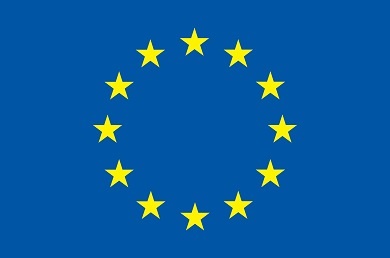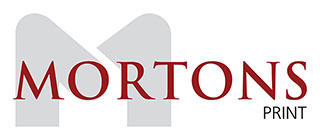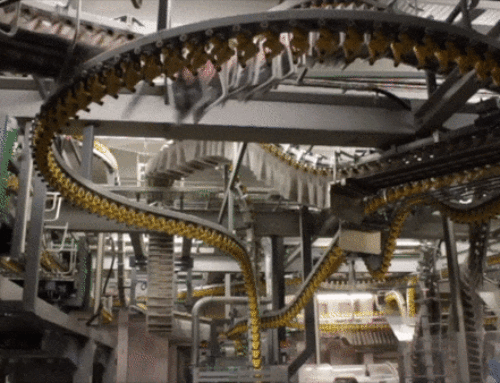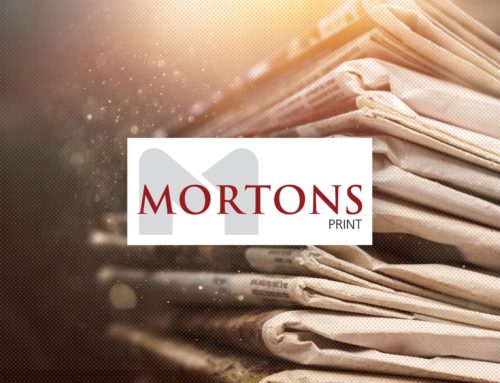 Media organisations across Europe have reacted to the coronavirus pandemic through initiatives including calling for tax credits to support the industry and highlighting the role played by news media in communicating important health information with the public.
Media organisations across Europe have reacted to the coronavirus pandemic through initiatives including calling for tax credits to support the industry and highlighting the role played by news media in communicating important health information with the public.
The Italian association for news media publishers, Federazione Italiana Editori Giornali, has called for tax credits for newspapers’ investments into news creation throughout the crisis, including for buying newsprint and for financial support for newspaper distribution.
They have also called on local authorities to bring business rates down to zero for newsstands for the remainder of 2020 and are working with the Italian Bank Association to facilitate access to credit for publishers. The association put out a news article to reassure members and readers that newspapers would continue to be available at newsstands throughout the quarantine period.
WAN-IFRA is to announce soon a series of live web meetings and webinars to address some of the main challenges facing media with a focus will be on both editorial and print distribution contingency plans.
“The objective is to share lessons learned by some of our most affected publishers and open a wide discussion about specific local responses in different countries. This could include a roundtable discussion and collection of provision cases already in place,” said chief executive Vincent Peyrègne.
The trade body has also published pieces on how newsrooms are operating amid the novel Coronavirus outbreak and its own internal precautionary measures to mitigate the coronavirus impact.
In the UK, the News Media Association has written to Michael Gove, Chancellor of the Duchy of Lancaster, citing news media’s critical role in getting information to the public during a national crisis and calling on the Government to designate news media an “essential service” in the event of restrictions on movement coming into place.
LPRA advisor Catherine Courtney said: “The news media play a vital role in maintaining the flow of news to the public, which is crucial to a healthy democracy. In addition, media outlets complement the health and social care system in cascading health advice to the public as a situation develops.
“They can publicise amendments to services, school closures, distribution arrangements for key medicines and business continuity plans, etc, making it available to the widest possible audience.”
Meanwhile, the Danish association criticised the Government for not doing enough to support publishers as ad spend slowed due to the coronavirus pandemic.
Danske Medier’s director said: “The Coronavirus has consequences for Danish media, which is currently experiencing major financial losses as a result of a steadily declining ad sales.
“So while we welcome the government’s aid package, we must also note that it does not mitigate the financial losses which, for Danish media, are the indirect consequence of the continued spread of the virus.
“We therefore urge the government, in its future support to the business community, to look at the entire economic ecosystem, where Danish media as advertisers is the ultimate link in the food chain, and therefore may end up with huge financial losses. “
In a letter, the Swiss association Schweizer Medien has highlighted the essential role newsbrands play in getting reliable information out to the public, in stark contrast with social media. The letter also noted that the Swiss Government’s coronavirus information campaigns for including advertising in print media.





